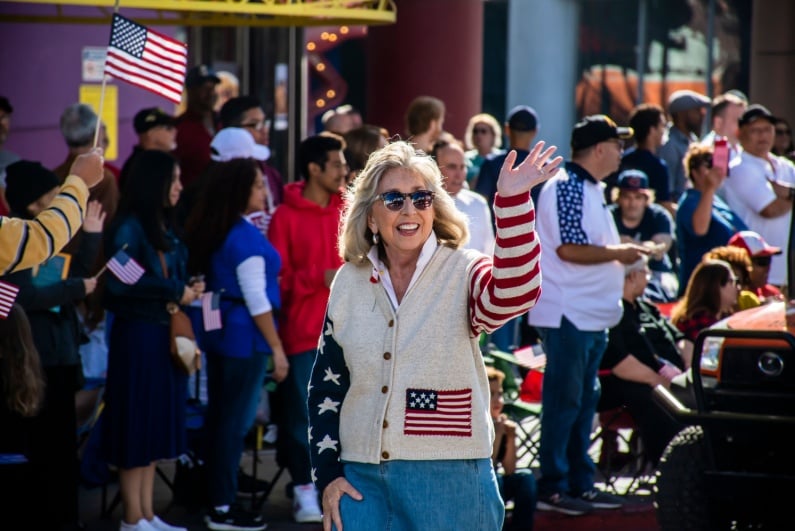Time is running out
A coalition of Native American tribes in California sued the state on Tuesday as they look for extra time to get their sports betting initiative on the November 2020 ballot.
The Coalition to Authorize Sports Wagering, which is made up of more than 25 different tribes in California, has argued that the coronavirus shutdown enacted by the state government negatively impacted attempts to collect signatures from voters over the past few months.
pushing for an extension of at least 90 days to gather the required 997,139 signatures
The ballot voting is set to take place on November 3, with the coalition saying that it has no more time to collect signatures before the current June 25 deadline. It is pushing for an extension of at least 90 days to gather the required 997,139 signatures. Usually, parties are only given 180 days to meet the signature target.
If the measure makes its way onto the 2020 ballot, the public would decide whether they want legal sports betting at the state’s horse racing tracks and tribal casinos.
Demands of the lawsuit
The lawsuit, filed in the Sacramento County Superior Court, names Secretary of State Alex Padilla as the defendant. Padilla’s office did not comment on the matter when approached by Los Angeles Times.
Specifically, the lawsuit wants the 180-day window extended until every county in California is in at least stage three of the four-phase reopening plan. Alternatively, it is seeking a deadline extension of at least 90 days.
971,373 signatures had been gathered by mid-March, costing the tribes $7m
The coalition’s collection of signatures initially began in January. According to the lawsuit, a total of 971,373 signatures had been gathered by mid-March, costing the tribes $7m. It was then that California Governor Gavin Newsom issued a stay-at-home order following the outbreak of the pandemic.
Push for legal sports betting
The tribes are opposing a competing sports betting measure that is currently making its way through the state legislature. Senate Constitutional Amendment 6 (SCA 6) would legalize online sports betting and also allow card rooms to continue offering certain card games that the tribes believe are in violation of their exclusive rights.
SCA 6 was added to the Suspense File by the Senate Appropriations Committee on Tuesday. The plan is for the committee to hold a June 18 vote on whether or not to advance the measure to the Senate for a floor vote.
Sports betting legalization in California requires a public vote on the issue as a state constitutional amendment is needed. State officials recently expressed concerns about Californians participating in the November ballot if the virus still poses a serious risk. In May, Governor Newsom ordered ballots to be sent to the 20.6 million voters in the state.




